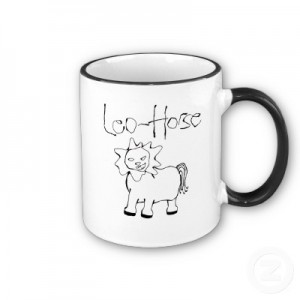Editor’s note: This is a guest post from Prof. Dr. Jürgen Lenerz from University of Cologne
When asked what we talk about, we would possibly say that we talk about “the world”. But what is the world? Perhaps we would say that the world somehow exists outside of ourselves (including ourselves) and consists of a huge number of interrelated situations, where the interrelations are due to the laws of physics, of social behavior etc. This is what we sometimes call the “real” world. But mind you that the only evidence we have about the “existence” of the real world is our mental representation of this world. So, in a different sense, the world of our knowledge of the real word is another “real” world in our mind. This is so because our mind is the most real thing we may think of (recall Descartes). Our knowledge of the world arises from various sensual experiences from “without”, as it were, and from hearsay about the world, i.e. from what others tell us about the world.
Knowledge (of the world) is in part propositional, in part it is not propositional. What does that mean? A proposition is the meaning of a statement about (a situation in) the world. If Leo is a horse, then the statement Leo is a horse is true with respect to that situation. The meaning of this statement (regardless of its truth) may be paraphrased as that Leo is a horse or as whether Leo is a horse (or not). This is what we mean by the technical term “proposition”, and part of our knowledge may be expressed in such propositions. This is what we can talk about.
What we cannot talk about is our non-propositional knowledge. So, Balotelli “knows” how to kick the ball into the goal without being able to explain this in any way in a number of propositions. It is somehow “tacit knowledge”, and much of what we “know” is of such kind: we know what it feels like to be kissed or we know how coffee smells etc. So, this part of our knowledge is not part of what we call “semantics”. Semantics is concerned only with propositional meaning.
Talking to each other will add to (or revise) our propositional knowledge of the world. So, the “world” is somehow the set of propositions we consider as true with respect to the world.
How many worlds are there? Infinitely many! Normally, we don’t talk about the “real” world but about hypothetical worlds ( If Sarkozy had won the latest elections, then… ) or about a world we wish to be ( Had I but kissed the girl. May he live forever! ) or a world of fiction (take any example from the vast realm of novels) or any number of other worlds. All these worlds are, of course, worlds of our imaginations, but the point is that they are “real” worlds in our minds. All these worlds are “possible worlds”, and this is why modern logical semantics is often called a “possible world semantics”. Possible worlds are described by the set of propositions which are true of these worlds. Propositions which are true of a possible world are called “statements” about this world.
When talking to each other, we talk about our joint “discourse world”.
####
Prof. Dr. Jürgen Lenerz, born 1945, was a professor for German Linguistics at the University of Cologne from 1985 until his retirement in 2011. His main interests are in the interaction of syntax, semantics, intonation and information structure in natural languages


